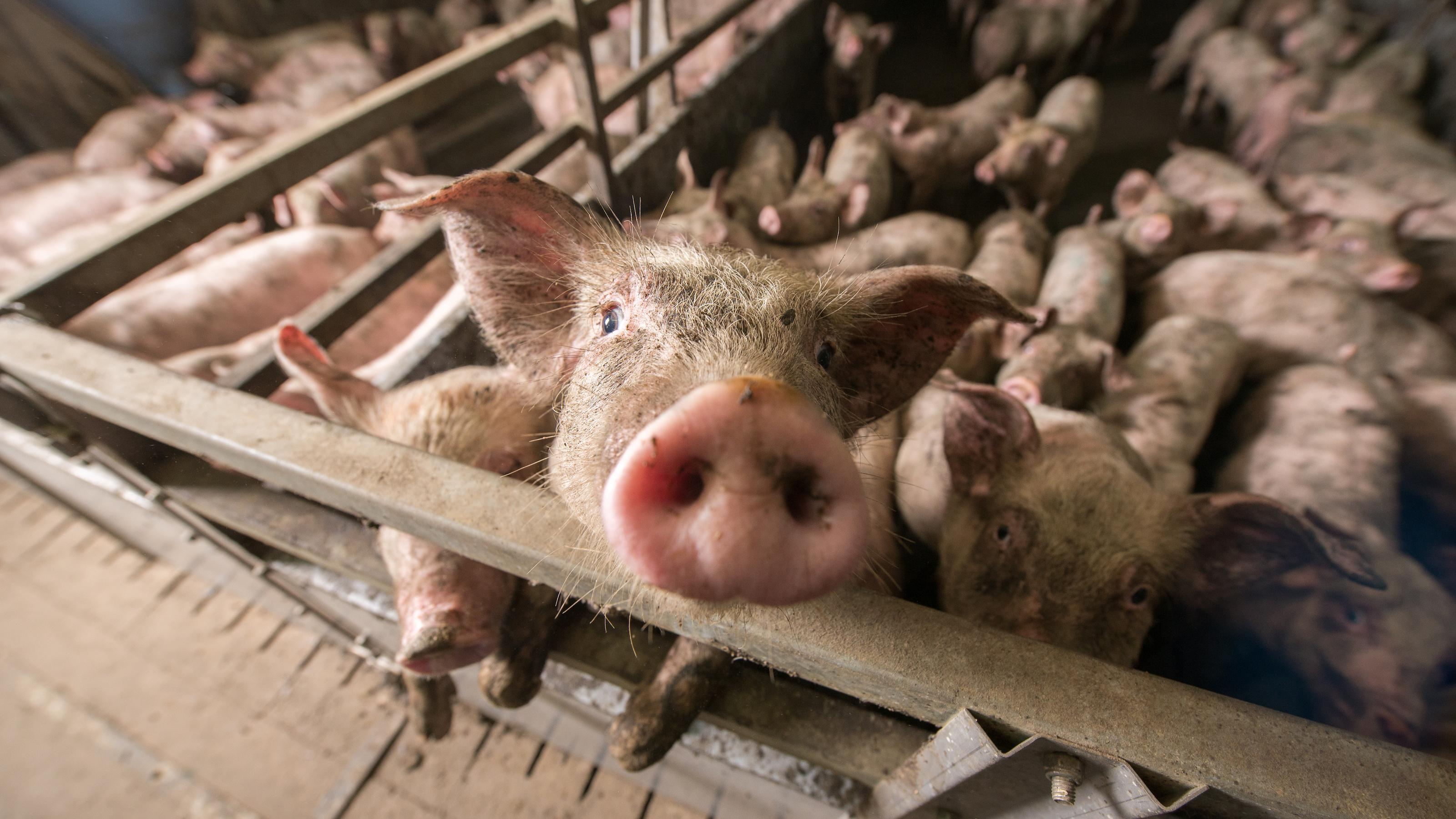PETER SINGER: I think there clearly are objective criteria for saying that some causes are better than others. One example that I give in the book, there's a charity called the Make-A-Wish Foundation which asks parents of very ill, often dying children to write in if their child has a wish that they would like to have fulfilled. Obviously, you know, it's a short-term wish. The foundation can't save their lives. And they write in and they do something—one example that I read about was a child who wanted to be Batkid for a day so he dressed up in a Batkid costume. The Make-A-Wish Foundation got a car rigged up to look like the Batmobile and somebody to look like Batman and they went out and captured the villain and all of that. The kid had a great day, undoubtedly. But the average cost of fulfilling a child's wish is $7,500. Now, if given to an effective organization, that could save two, three, four, maybe more children's lives. If you compare saving a child's life with giving a child one great day then anybody—the child, the parents—anybody would say oh, so much better to save the child's life of course. And you can save not just one child's life but more than one.
So I think we ought to think about that before we respond emotionally to what seems like a great idea: Give a dying kid a great day. We ought to think about: What else can you do with that? And that's the same for all the giving opportunities that we have on the internet now. If there's a GoFundMe appeal to save somebody's pet tortoise, something of that sort well, yeah, that's nice, but you need to think what else you could do with that money and possibly there are things that you would agree are really more important. As none of us have infinite bank accounts we do always have to think how much am I able to spare for really trying to help people or animals—obviously, I'm not against helping animals—but how much can I really spare to try to reduce suffering in the world? And then if I have that amount, what's the best way to spend it? How do I get the best value for what I'm donating?






